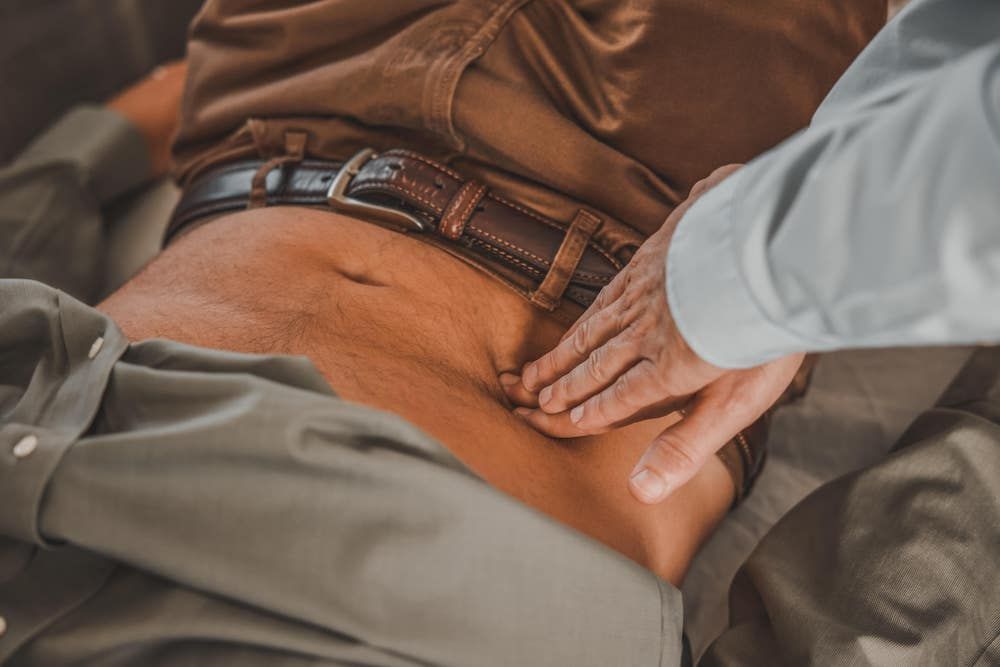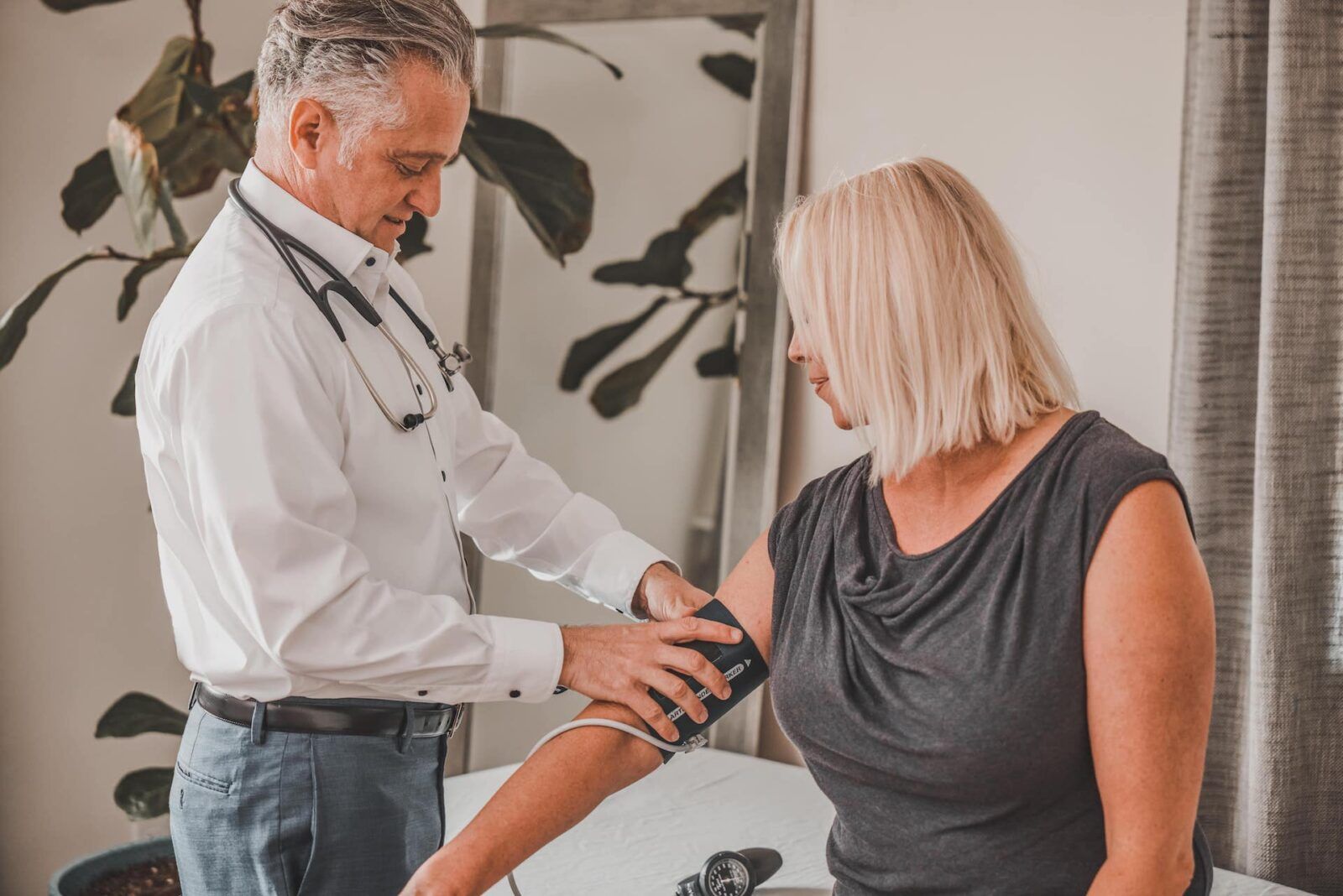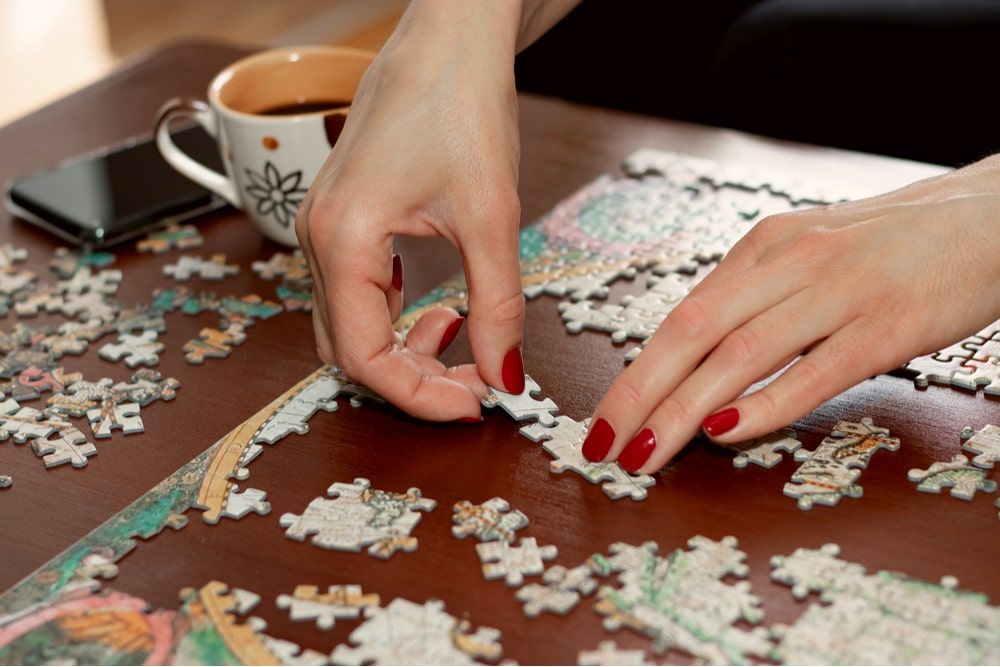
Healthy Hormones Workshop at Tri Fit Wellness
Are you a Bobby? A Tanya? A Sheryl? A Mark? A little of all of them? With some common patient examples, Dr. Dan Wool, NMD,
It’s not a myth…everything changes at 40. And even more so around 50. Gut aches, energy crashes, stubborn fat and ailments your parents had are starting to happen to you. With this “new normal” you need a different kind of doctor – one who spends time, listens and is skilled at working with these major shifts in your physiology.
It’s not a myth…everything changes at 40. And even more so around 50. Gut aches, energy crashes, stubborn fat and ailments your parents had are starting to happen to you. With this “new normal” you need a different kind of doctor – one who spends time, listens and is skilled at working with these major shifts in your physiology.
Dan Wool, NMD is a naturopathic physician specializing in gastroenterology and hormones, particularly for people over 40. Dr. Wool treats a wide range of gut health conditions with a focus on finding the root cause and creating natural, more permanent wellness. He also specializes in comprehensive hormone care for men and women, including solving fatigue, weight gain and hot flashes.

“Finding this team changed my life. I feel better now than I did 20 years ago! Always great!!”






Have you “fallen through the cracks” of traditional primary or gastroenterologist care? Been put on meds without explanation? Been told you were “fine” when still experiencing symptoms? Gotten the runaround from specialist to specialist without healing? I understand how you feel because I’ve been in the patient’s seat with my own gut issues. Now I enjoy helping my patients to get answers, have a real plan and create lasting wellness naturally.
“Optimal health is within our grasp. I want to help people lead healthier lives and create simple, practical pathways to get there.”
Dan Wool, NMD







With a variety of offerings to choose from, we’re sure you’ll be happy working with us.
Look around our website and if you have any comments or questions, please feel free to contact us.
One of the main hurdles for many people to see a naturopathic doctor is the perceived cost. Most people use health insurance when they see a doctor but Naturopathic doctors generally don’t take it (or rather, the insurance companies don’t take us).
Our practice is cash pay. We make no apology for that – it is the true cost of medical care and services – and that’s actually very freeing for both of us.
The difference between Dr. Wool and a traditional medical doctor is that he actually wants you well for the long term, without forever medications and costly procedures.
Done correctly your costs can be significantly lower than with traditional health insurance and medical care. You may pay more up front. But there’s the whole “actually solving your health problems” thing so you don’t have to keep spending long term.

Are you a Bobby? A Tanya? A Sheryl? A Mark? A little of all of them? With some common patient examples, Dr. Dan Wool, NMD,

What are the hidden factors that affect our gut health day-to-day? In this educational workshop with Tri Fit Wellness in Phoenix, Dr. Dan Wool NMD of Chambers Clinic discusses

©2023 Dr. Dan Wool/Cubicle Clinic LLC. Healthcare Website Designed With ❤️ In CA By O360® | Legal